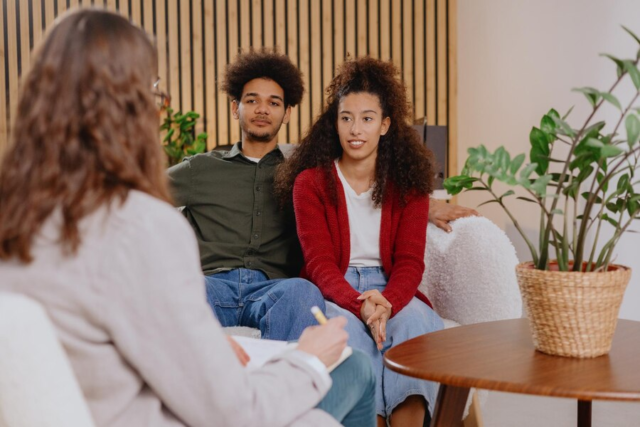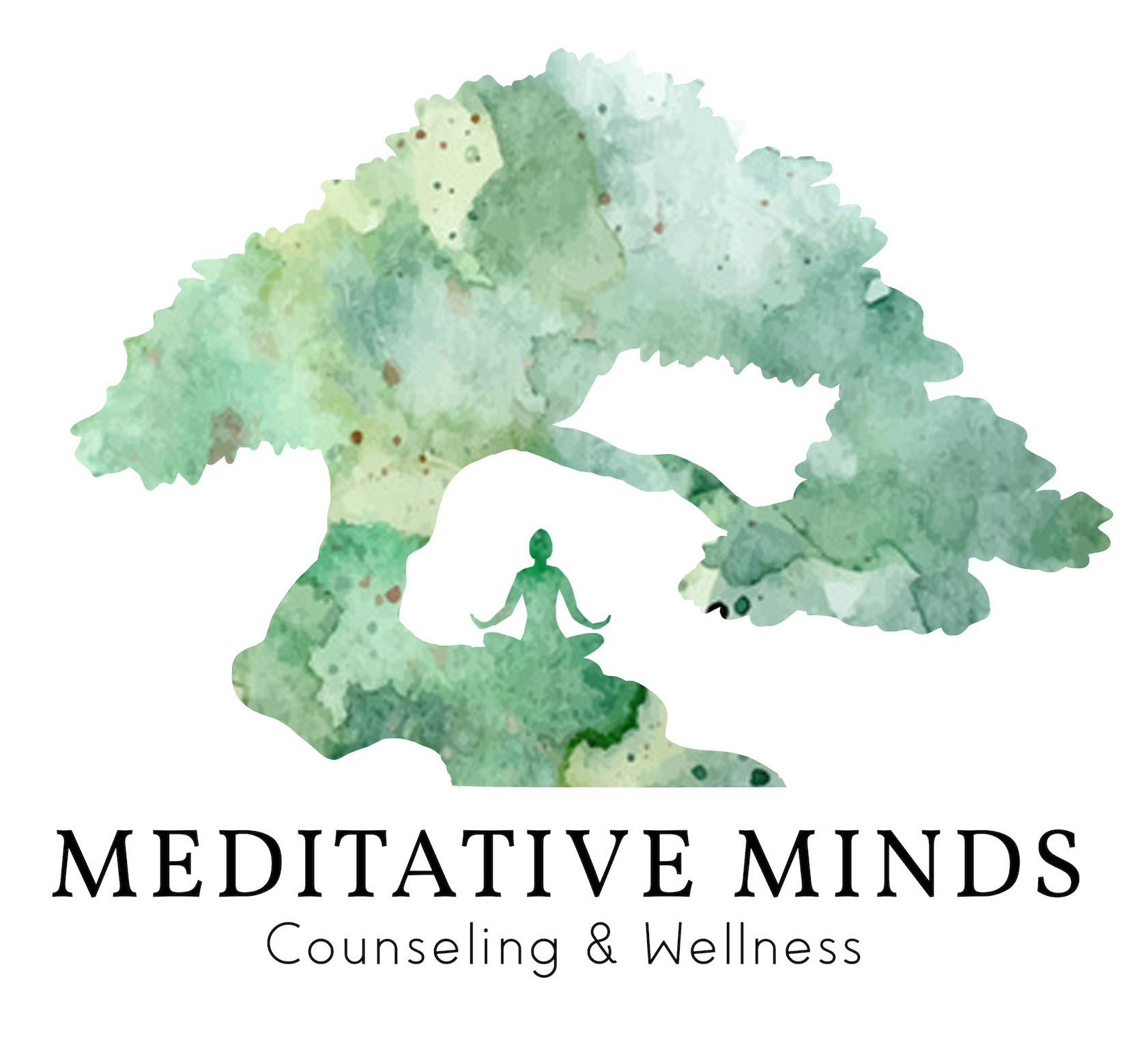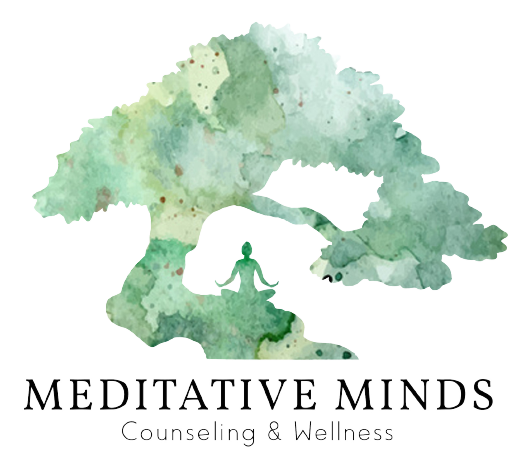Communication is the cornerstone of any successful relationship. It is through effective communication that we are able to express our thoughts, feelings, and needs to our partners. However, communication is not always easy and can often be a source of conflict and misunderstanding in relationships. This is where couples therapy can provide valuable guidance.
Effective communication in relationships is more than just talking and listening. It involves actively listening, validating each other’s feelings, and finding solutions together. Here are some key tips from couples therapy that can help improve communication in your relationship.
Practice active listening
Active listening involves giving your full attention to your partner and making an effort to understand their perspective. This means putting aside your own thoughts and concerns and truly listening to what your partner is saying. Avoid interruptions and distractions, and ask questions to clarify any points that you may not understand.

This shows your partner that you value their thoughts and opinions and are willing to listen to them. Active listening is the process of fully concentrating on what the other person is saying and understanding their perspective. It involves paying attention to both verbal and nonverbal cues, such as body language and tone of voice, to grasp the deeper meaning behind their words
Use “I” statements instead of “you” statements
When discussing sensitive or difficult topics, it is important to use “I” statements instead of “you” statements. For example, saying “I feel hurt when you don’t include me in your plans” is more effective than saying “You always leave me out”. “I” statements take responsibility for your own feelings and avoid blaming your partner, which can lead to defensiveness and arguments.
One common mistake people make in communication is using “you” statements instead of “I” statements. “You” statements tend to be accusatory and can put the listener on the defensive, making it difficult for them to truly hear what we are saying. On the other hand, “I” statements are more personal and help to express our feelings and thoughts without blaming or accusing the other person.
Validate each other’s feelings
Validating each other’s feelings means acknowledging and accepting your partner’s emotions, even if you may not agree with them. This creates a safe and supportive environment for open and honest communication. Instead of dismissing your partner’s feelings, try to put yourself in their shoes and understand where they are coming from. This does not mean you have to agree with them, but it shows that you respect their perspective.
Be mindful of your nonverbal communication
Nonverbal communication, such as tone of voice, facial expressions, and body language, can often speak louder than words. It is important to be mindful of your nonverbal cues, as they can either enhance or hinder effective communication. For example, crossing your arms and avoiding eye contact can signal defensiveness and unwillingness to listen, while maintaining an open posture and making eye contact conveys attentiveness and willingness to engage in honest conversation.
Use “we” language
When discussing issues or problems, it is important to remember that you and your partner are a team. Instead of using “you” and “me”, try using “we” language. This helps shift the focus from blaming each other to finding solutions together. For example, saying “We need to work together to find a solution” is more effective than saying “You need to fix this problem”.
Effective communication in relationships takes practice, patience, and effort from both partners. It is also important to remember that communication is a two-way street and requires active participation from both parties. If you and your partner are struggling with communication, seeking guidance from a couples therapist can help improve your communication skills and strengthen your relationship.
Conclusion
In summary, effective communication is the key to a healthy and thriving relationship. By practicing active listening, using “I” statements, validating each other’s feelings, being mindful of nonverbal cues, and using “we” language, you and your partner can build a strong foundation for open and honest communication. Remember, communication takes effort and constant practice, but the rewards of a stronger and more fulfilling relationship are worth it.
At Meditative Minds Counseling & Wellness, located at 2806 Cochran St, Simi Valley, CA 93065. We understand the importance of effective communication in relationships. We offer counseling services to help couples and individuals improve their communication skills and strengthen their relationships. Contact us today to learn more about our services and how we can help you and your partner communicate better and develop a deeper connection. Remember, it’s never too late to start working on your communication and building a stronger and more fulfilling relationship.


